16 Famous Authors Who Committed Suicide
Studies show that writers are twice as likely to commit suicide than other people. Although the correlation between creativity and mental illnesses is open to discussion, there is no doubt that the literary world has suffered many losses, as many geniuses have had troubles making peace with life. We’ve collected 16 of them to remember and praise, once again, their great contributions to literature.
1. Gérard de Nerval (1808-1855)

Nerval was a romantic poet who suffered from melancholia for a long time. After his girlfriend broke up with him, he hung himself from a street lamp.
2. John Berryman (1914-1972)
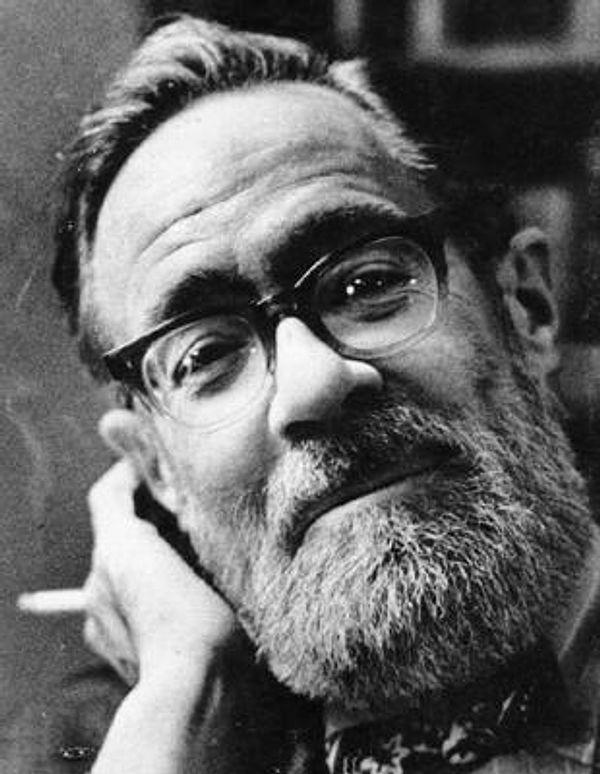
American poet Berryman was only eleven when his father committed suicide, and this tragedy influenced his literature as well as his personal life.
Berryman had problems with alcohol throughout his adult life and he was hospitalized a few times in order to detox. On January 7, 1972, he jumped from the Washington Avenue Bridge in Minneapolis.
3. Jack London (1876-1916)
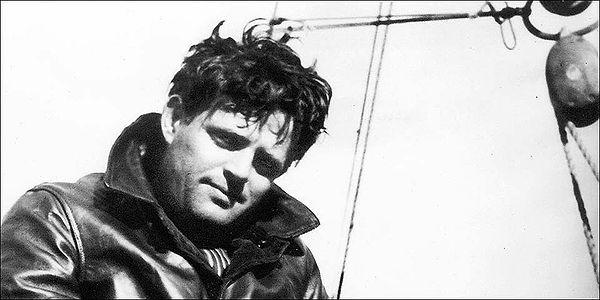
The world’s first “billionaire” writer, Jack London, suffered from bipolar disorder, and it’s thought that this illness had an influence on him committing suicide.
When he was on his Pacific Voyage, he got infected with a tropical disease and prepared a solution that included substances like opium, heroin and mercury to treat himself, which later caused kidney failure.
Although whether or not he actually committed suicide is still controversial, many think that his earlier attempts and suicidal themes in his fictional works could make us suspect that he killed himself on purpose.
4. Stefan Zweig (1881-1942)
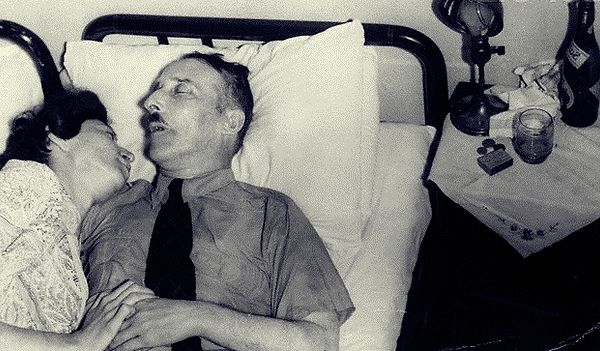
Zweig was already in exile and was highly depressed about the current situation in Europe, and he could no longer bear the disappointment. He committed suicide in Rio de Janeiro with his wife on February 22nd, 1942.
His suicide note reads:
“Every day I learned to love this country more, and I would not have asked to rebuild my life in any other place after the world of my own language sank and was lost to me and my spiritual homeland, Europe, destroyed itself.”
5. Virginia Woolf (1882-1941)

Famous English writer Virginia Woolf suffered from a serious depression after she finished writing her last book. She was also one of those who were terribly affected by the post-war world order. In 1941, she filled her pockets with stones and jumped into the Ouse river.
6. Walter Benjamin (1892-1940)
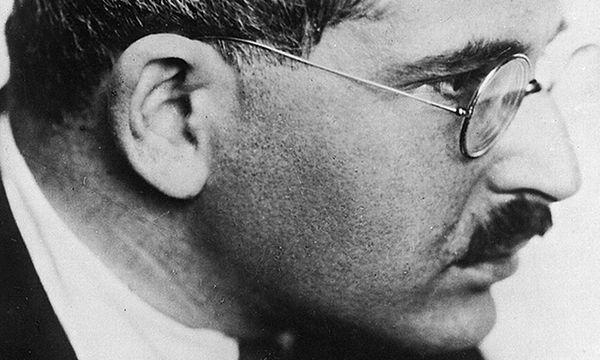
When Benjamin was in exile in Paris as a Jewish man, Germans occupied France and his house was invaded by Nazi soldiers. He then escaped to Portbou city near the Spain border, but never stopped being afraid of getting caught by Nazis at any minute, and committed suicide by overdosing on morphine.
7. Sergei Yesenin (1895-1925)
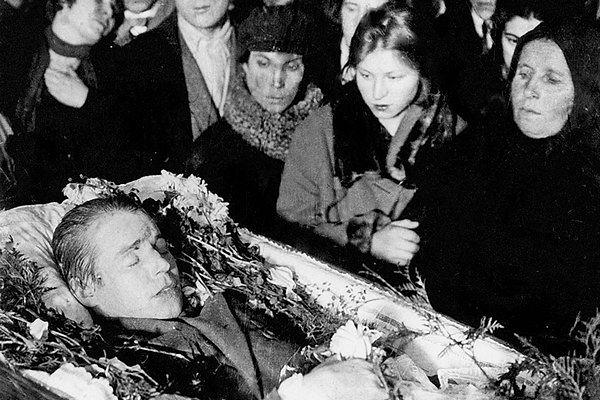
Suffering from alcoholism and his troubled relationships with women caused Yesenin to spend some time in a psychiatric hospital. When he was out for Christmas, however, he hanged himself in an hotel room in Moscow.
Right next to his body, a letter to his dear friend Mayakovsky written with his own blood was found.
8. Vladimir Mayakovsky (1893-1930)

Just like his friend Yesenin, Mayakovsky was one of those who couldn’t make peace with life. He committed suicide, again in Moscow, when he was desperately pessimistic about people’s unfaithfulness towards the revolution.
9. Ernest Hemingway (1899-1961)
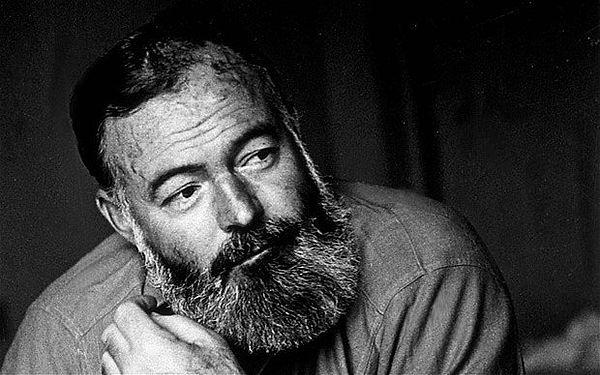
American author Ernest Hemingway lived an extraordinary life. He suffered from depression, paranoia and alcoholism during his whole life.
He shot himself from the head in the summer of 1961.
10. Anne Sexton (1928-1974)
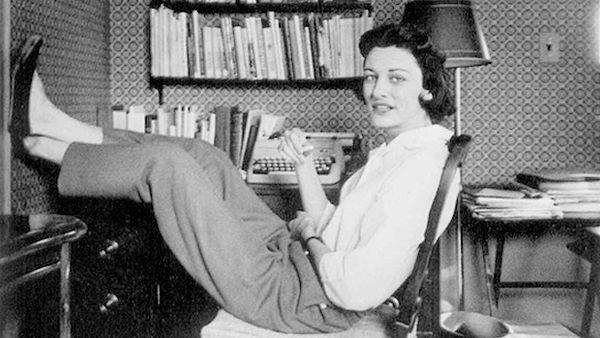
Sexton also struggled with depression and mania, and she had suicidal tendencies whose influence can be found in her works.
In the book “The suicide of Anne Sexton” her death is described with these words:
... she put on her mother's old fur coat, removed all her rings, poured herself a glass of vodka, locked herself in her garage, and started the engine of her car, committing suicide by carbon monoxide poisoning.
11. Cesare Pavese (1908-1950)
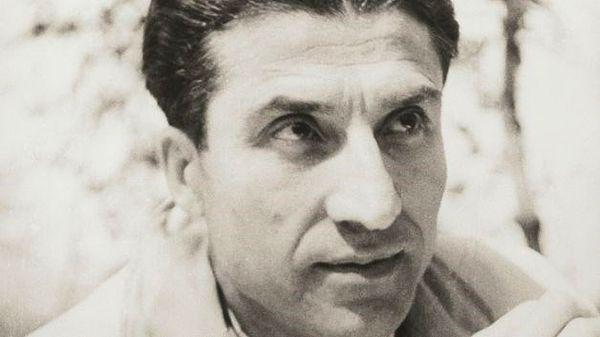
Italian poet, critic and translator Pavese took an overdose of sleeping pills and ended his life in a hotel room in Torino.
12. Romain Gary (1914-1980)
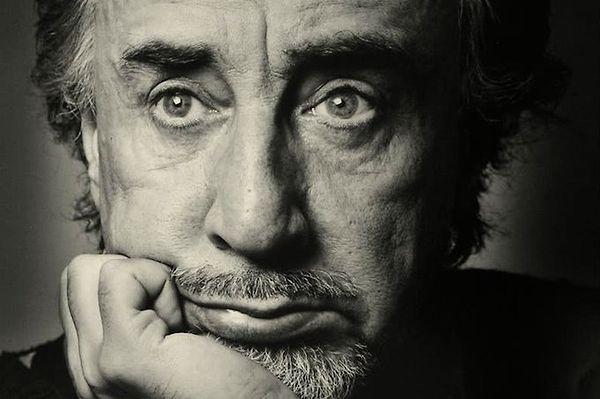
Romain Gary was the only author who won the Goncourt Prize twice, one with his real name and one under his pen name “Emile Ajar.” He was very well known by being a man of letters, but he was also a diplomat, a film director and an aviator during World War II.
After his wife Jean Seberg’s controversial death in 1979, Gary was thought to still be under the influence of this tragedy and probably chose to end his life, as he had been suffering from a serious breakdown for a long time.
13. Primo Levi (1919-1987)
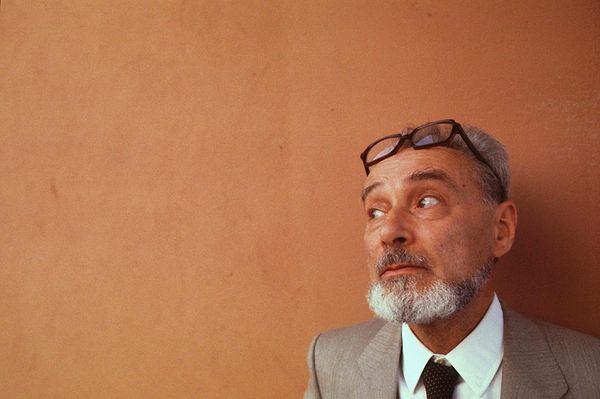
Levi said that he lost his faith in God as he was captured by Nazis and taken to Auschwitz after he joined anti-fascist groups and fought against the regime during World War II.
He couldn't overcome the spiritual emptiness and threw himself into the stairwell of the building he lived in at the age of 68.
14. Yukio Mishima (1925-1970)
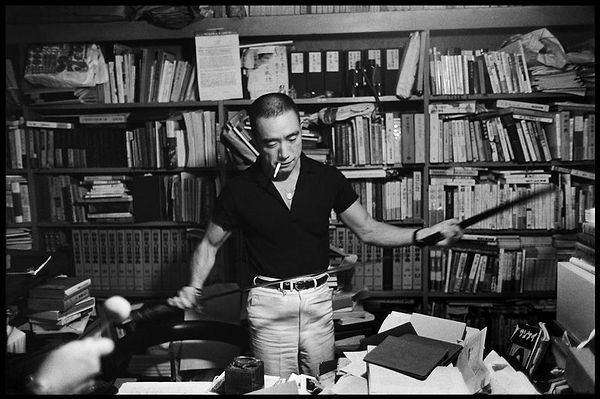
Mishima was a nationalist who founded his own right-wing militia “Tatenokai.” He visited the Tokyo headquarters of the Eastern Command of Japan's Self-Defense Forces with this group, and they took hostage the commander and declared their demands. After his speech failed to inspire the soldiers, he returned to the office and committed seppuku (Japanese ritual suicide by disembowelment ). A Tatenokai member, Hiroyasu Koga, beheaded him to complete the ritual…
15. Sylvia Plath (1932-1963)
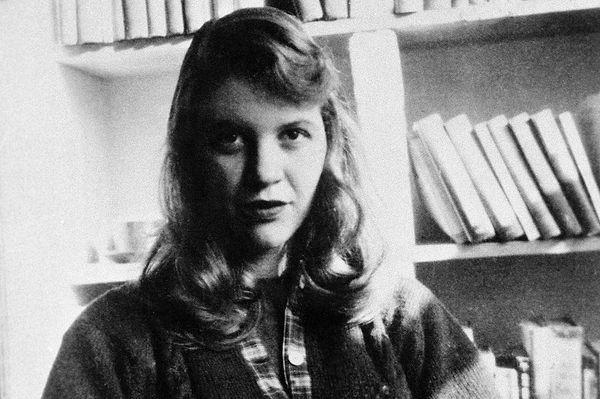
American poet, Sylvia Plath, suffered from extreme bipolar disorder and had to take anti-depressants all her life. Her first suicide attempt was when she was in her sophomore year at Smith College. She, however, graduated as a very successful young woman.
In 1963, she left milk and cookies for her little kids, taped the door to make sure the gas couldn’t leak into their room, and committed suicide by putting her head into the oven.
16. David Foster Wallace (1962-2008)
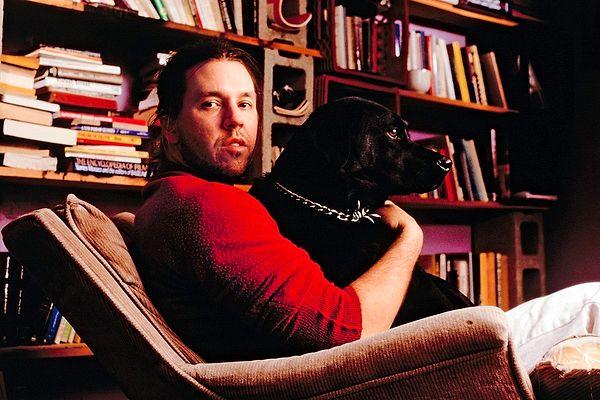
One of the most talented authors of contemporary American Literature, David Foster Wallace, suffered from depression for almost 20 years.
In September 2008, he ended his life. Just before this tragic event, Wallace and his therapist had decided to change his medication.
Keşfet ile ziyaret ettiğin tüm kategorileri tek akışta gör!


Send Comment